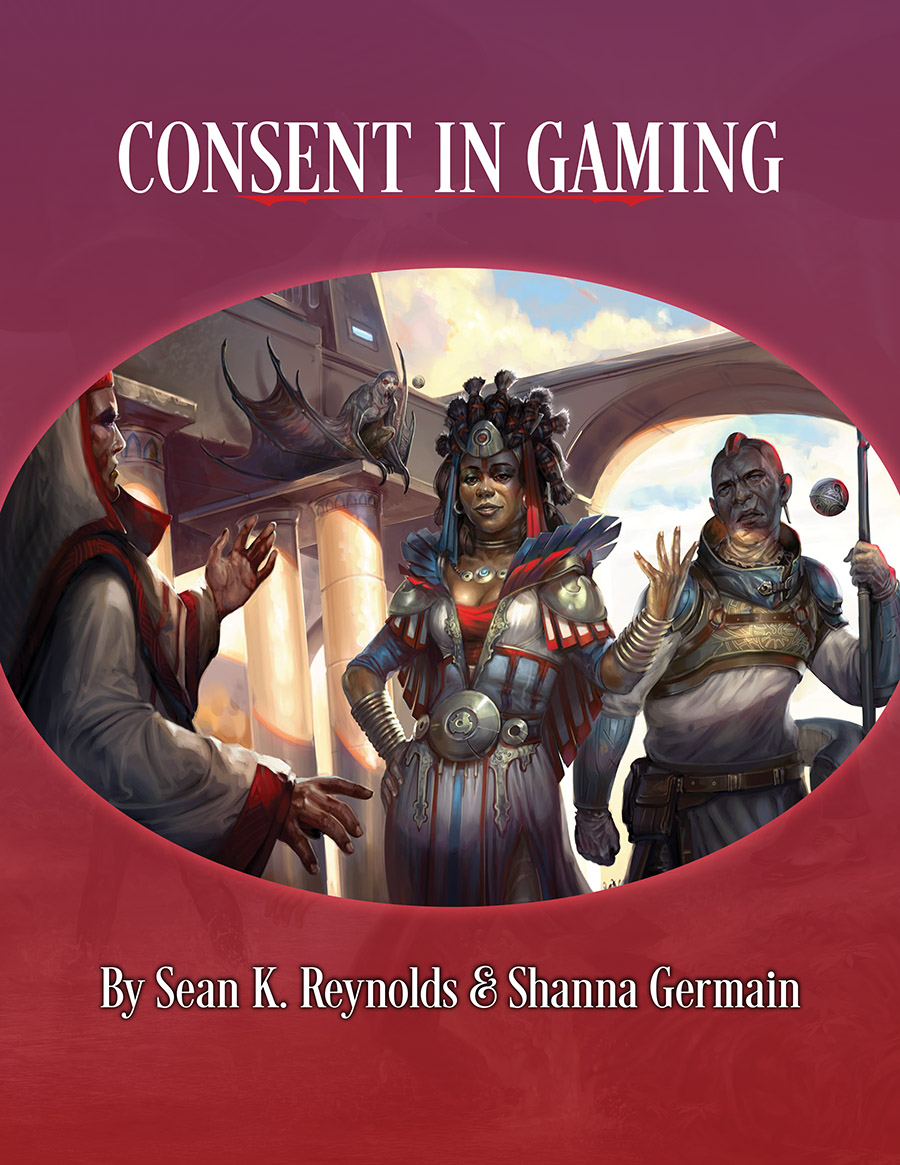I used to be a Caver, NSS subscription and bat decal on the back of my car and all. One of the rules in a cave that is a very good rule is that if anyone in the party feels the need to leave the cave, then everyone leaves the cave. It's a good rule because caves are super dangerous places and someone is feeling uncomfortable, it's just better to leave the cave than to risk the lives of everyone in the party. And honestly, caves are serious business and this will happen to you at some point. Everyone will get claustrophobia in a cave at some point. Everyone will get in a situation where it's not good at some point, and you've got an injury, or an equipment failure, or your fighting hypothermia, or you are too fatigued to think straight, and now is the time to be done and everyone goes out together 'cause you don't split the party. (Just like in the Dungeon.)
But I'm not sure that this is a useful perspective on a game. If a game is as dangerous as a cave, perhaps the game shouldn't be that dangerous. Or if you are acting like the game is as dangerous as a cave, why are you in it? Or if you are assessing a game to be as dangerous as a cave, is that even remotely rational?
Like I get people can get out of line. I get that there are jerks, and that what constitutes being a jerk and how much jerkiness one can tolerate can be very subjective. But I also get that there isn't a victim card that you get to play all the time and whoever plays it first or the hardest has the moral authority. Could be that is in itself a jerk move.
I mean sure, everyone that caves knows what it feels to be fatigued and suddenly the dark which you've dealt with for 200 hours, and the fact that you are three miles back in water up to your chin is something you aren't comfortable with any more. Been there, totally have my empathy with that and many similar situations. But if that happened to you on every trip, especially after you were told what you were getting into, probably we'd just stop asking you on the trip, and we wouldn't feel like jerks for doing it.
And heck, cavers are an elitist bunch. Far more elitist than gamers have any right to be because cavers unlike gamers have really good reasons for their elitism and insularity. If in fact these games are comparable to caves and caving rules apply, maybe we ought to accept that there needs to be gatekeepers. I don't accept that there needs to be, precisely because I don't think of a game as being much like a cave.
It's hard for me to look at absolute guidelines about complex human social interaction and think that they are in any way workable. Surely anyone that has ran an RPG is aware how hard it is to write rules that cover all the situations that can come up? So why would anyone decide that the even more complex thing that is life is amendable to absolute rules?
And honestly, I think I'd go from a lot of sympathy to not giving any in a hurry if someone pulled out a book like this and said, "But these are the rules. It's not up for debate."
That said, I do think that conventions need to do a better job of setting guidelines for how tables are ran, how tables are advertised, and how violations of those guidelines are handled. And I would think it a mature thing for there to be some sort of standards that conventions could agree to and adopt. Unfortunately, from what I can tell of reviews of this product, no useful and practical advice is provided on how to do that.

